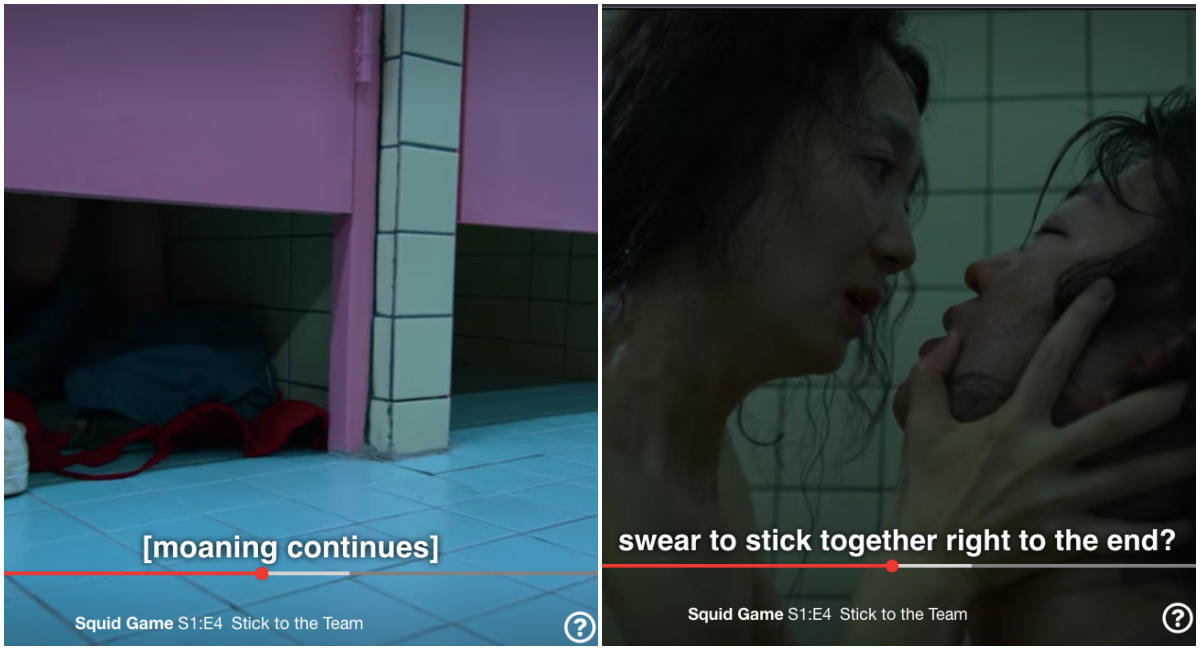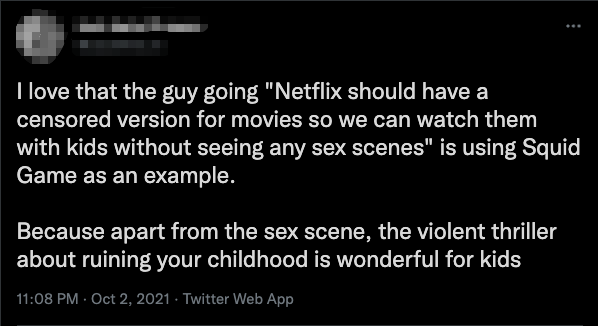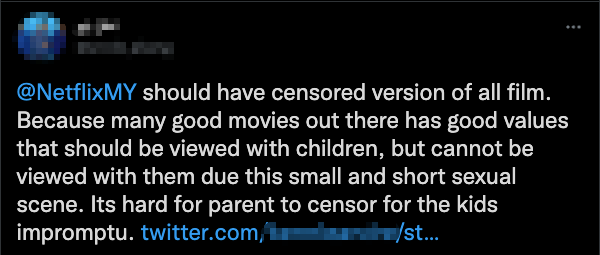Was Squid Game’s Sex Scene Necessary? The History of Sex in Cinema & TV Proves That It’s Complicated
 Thirsty for JUICE content? Quench your cravings on our Instagram, TikTok and WhatsApp
Thirsty for JUICE content? Quench your cravings on our Instagram, TikTok and WhatsApp

It has been a very long time since the world was taken by storm when it comes to a TV show release.
The last most notable pop culture phenomenon came in the form of Stranger Things when it first dropped on Netflix and engendered a cult-following almost overnight.

But recently, everyone has been clamouring onto the streaming platform to watch Squid Game, a battle royale South Korean show following contestants who participate in children’s games where the cash prize is life-altering but the consequences of losing is fatal.
Unanimously acclaimed with a 96% score on Rotten Tomatoes, the internet is brimming with memes and buzz surrounding the show. While most of it is positive, the show has garnered some criticism for the infamous sex scene in Episode 4 that takes place in a toilet.

In case you haven’t seen the show and would like to avoid spoilers, I’ll keep it simple for you. Essentially, the 3-minute scene symbolises a seal for an alliance between two characters and in a dog-eat-dog death match, alliances are important.
Despite its message, which is to show the tango of desperation and manipulation in a high-pressure setting driven by poverty, many Malaysians took offence with the scene and chastised it for being inappropriate.
Nevermind the fact that the show has gratuitous violence throughout its entire runtime, in the end, the 3-minute sex scene became the source of some Malaysians’ frustrations.
Here are a few musings from people who defended Squid Game’s inclusion of the scene:



The outpour of anger highlights Malaysians’ sensitivity when it comes to sex.
Granted, the scene did outright show a female’s breasts but the scene is anything but arousing. It was a power play, not a display of affection born out of sensuality.
Context matters and in the case of Squid Game’s underlying tones and overall plot, the scene was necessary to show just how dire the situation was for these characters.

The usage of sex scenes, be it implied or explicit, has been present even before the roaring ’20s.
Mostly seen in European cinema (of course), it was either used to depict amorous sensuality or heart-wrenching tragedy. Regardless of its intentions, it is considered a plot device nonetheless.

As we trudge through the years, sex became more prevalent in both the big and small screen. In some movies, the integration of sex can be tasteful – seen only through the white-knuckled gripping of sheets and the melding of two bodies in a silhouette above the bedpost – but with others, it can strike us as overtly gratuitous (see: 365 days).
Even in retro Malaysian films such as Mekanik and Langit Tidak Selalu Cerah, sex has been implied through imagery to avoid offending the conservatives without sacrificing the message and it is in these scenes that arousal is warranted.
But with Squid Game, the last thing on the writers’ minds was to get you hot and bothered.

The majority of the people offended by the scene were parents, but it is important to note that parental control exists on Netflix and the platform even has a disclaimer at the beginning of such episodes to warn the viewer of incoming triggers. In fact, the rating system is not something new and almost every piece of matured content comes with it these days.
In addition to that, sex isn’t the only thing in the show that is inappropriate for young children. While squid is in the title, it’s nothing like Peppa Pig.

The talk about the birds and the bees is integral to every child’s formative years because sex is a natural part of life. It is okay to be curious about such things and who better to discuss it with than with the two people who brought you into the world through sex?
The taboo surrounding sex leads to misinformation and lack of knowledge when it comes to our anatomy and our relationships with partners.
Warped by over-consumption of porn, youths nowadays grow up having unrealistic expectations hence perpetuating harmful stereotypes and standards for both men and women.
With that said, if a particular scene disturbs you, there is always the option to skip ahead without damning the entire show just because it dares to make you uncomfortable.


 Get Audio+
Get Audio+ Hot FM
Hot FM Kool 101
Kool 101 Eight FM
Eight FM Fly FM
Fly FM Molek FM
Molek FM